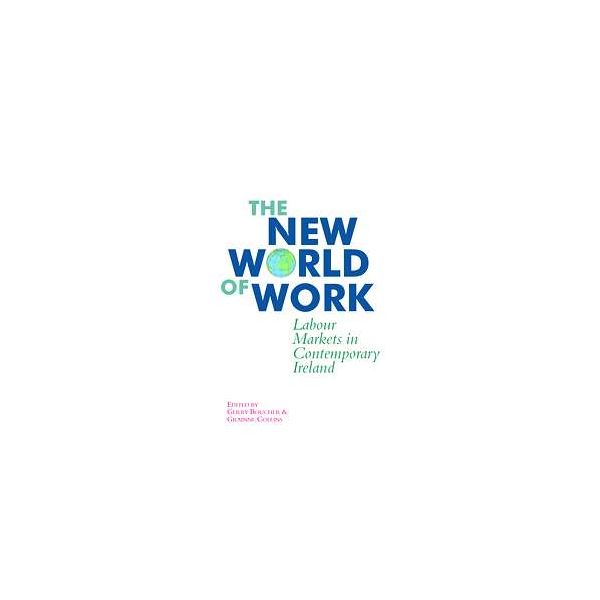The New World of Work: Labour Markets in Contemporary Ireland
Working in Ireland has changed dramatically over the last two decades. In the early 1980s, those fortunate to have employment were likely to have been working in either agriculture or manufacturing and it was expected that the wages received would be adequate for a man (and it was usually a man) to support his family.
That has now changed; unemployment has fallen and the new jobs are in the service sector and frequently done by women. Yet there is a dearth of research on the effects these changes have had on individuals and on society more generally. This is surprising, since work fundamentally shapes our lives, defining who we are, how wealthy we are and how much free time we have to spend with our family and friends and in our communities. This book fills this gap in the research.
Chapters in the New World of Work address issues such as how time with families is moulded around the working day; the changing nature of women in the workforce; how work is individualised and solidarity fragmented; the impact of US multinationals on workplace practices; how workers devise strategies to confront managerial authority; how workers reinvent their identity in the new workplaces; and how immigrants are integrated into and excluded from Irish society through work. The New World of Work makes an important and timely contribution to our understanding of the Irish workplace in the early twenty-first century.
| Editor | Gerry Boucher, Grainne Collins |
|---|---|
| Print Format | Paperback |
| ISBN-10 | 1-904148-81-6 |
| ISBN-13 | n/a |
| Date of Publication | September 2005 |
| Number of Pages | 296 |



